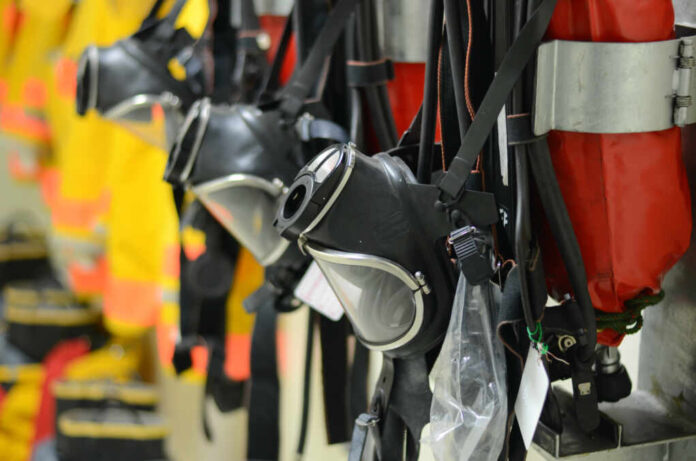
The vulnerability of Manila’s informal settlements is once again laid bare as a massive fire displaces 500 families, highlighting systemic housing issues.
Story Overview
- A massive fire in Tondo, Manila, has left 500 families without homes.
- The blaze originated on September 13, 2025, from a two-story building.
- No casualties were reported, but the cause of the fire is under investigation.
- This incident underscores the fire risks in densely populated informal settlements.
Fire Erupts in Densely Populated Tondo
On the night of September 13, 2025, a massive fire broke out in the Happyland area of Tondo, Manila, Philippines. The blaze started on the second floor of a two-story residential building constructed from light materials in Building 7, Helping Compound, Road 10. Despite the large scale of displacement, the Bureau of Fire Protection-National Capital Region reported no casualties. The cause of the fire remains under investigation, as authorities seek to understand the triggers behind this devastating event.
The fire’s impact was immediate, displacing approximately 500 families who now require urgent support and shelter. The Bureau of Fire Protection responded swiftly, containing the blaze without loss of life. However, the incident has brought to light the precarious living conditions in Manila’s informal settlements. These areas are characterized by overcrowded living conditions and makeshift housing, often constructed from flammable materials, making them vulnerable to fires and other disasters.
Watch: Devastating fire displaces more than 1,100 families in Manila: ‘Nothing was left at all’
Response and Relief Efforts
In the immediate aftermath, relief operations were launched by the local government of Manila in coordination with national agencies. Non-Governmental Organizations (NGOs) are also expected to play a critical role in providing aid and facilitating rehabilitation efforts. The focus now is on addressing the urgent needs of the displaced families, including temporary shelter, food, and medical assistance. The local government faces pressure to not only provide immediate relief but also to implement long-term solutions to improve housing safety in these high-risk areas.
The incident has sparked renewed scrutiny of Manila’s urban planning and disaster preparedness measures. Previous fires in similar areas have highlighted systemic issues such as inadequate fire safety infrastructure and overcrowding, which continue to pose significant challenges.
Implications and Future Outlook
In the short term, the immediate priority is to support the displaced families and ensure their basic needs are met. However, the long-term implications of this fire could be profound. Prolonged displacement could exacerbate poverty and health risks among the affected families, putting additional pressure on the local government to improve fire safety and housing conditions. This incident may lead to increased political scrutiny of urban housing policies and disaster preparedness, potentially prompting reforms aimed at addressing the vulnerabilities of informal settlements.
As the investigation into the fire’s cause continues, the incident serves as a stark reminder of the urgent need for action to address the systemic issues that plague Manila’s informal settlements. The response of the local government and other stakeholders will be critical in determining the future resilience of these communities against such disasters.
Sources:
NDTV video report, Sep 15, 2025

























